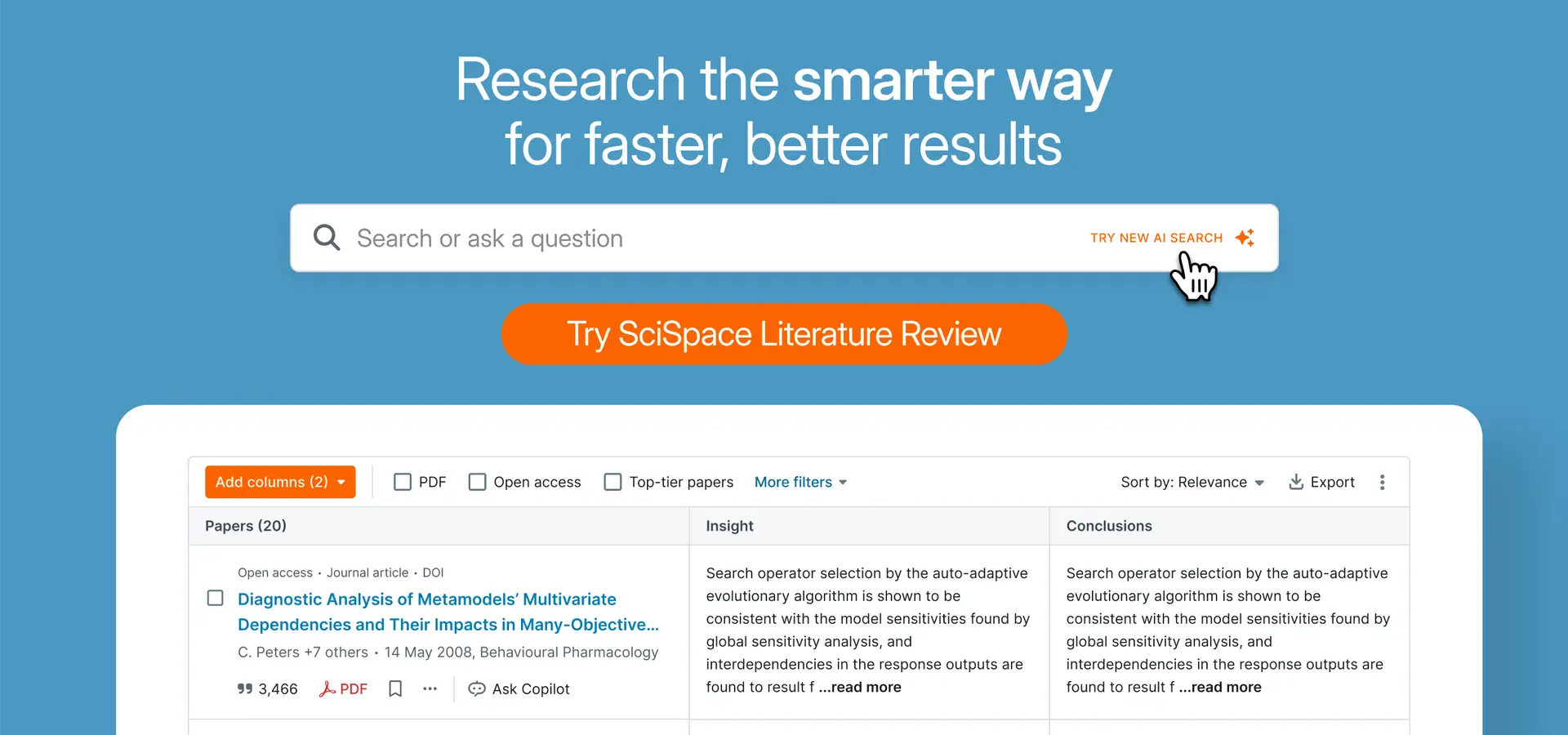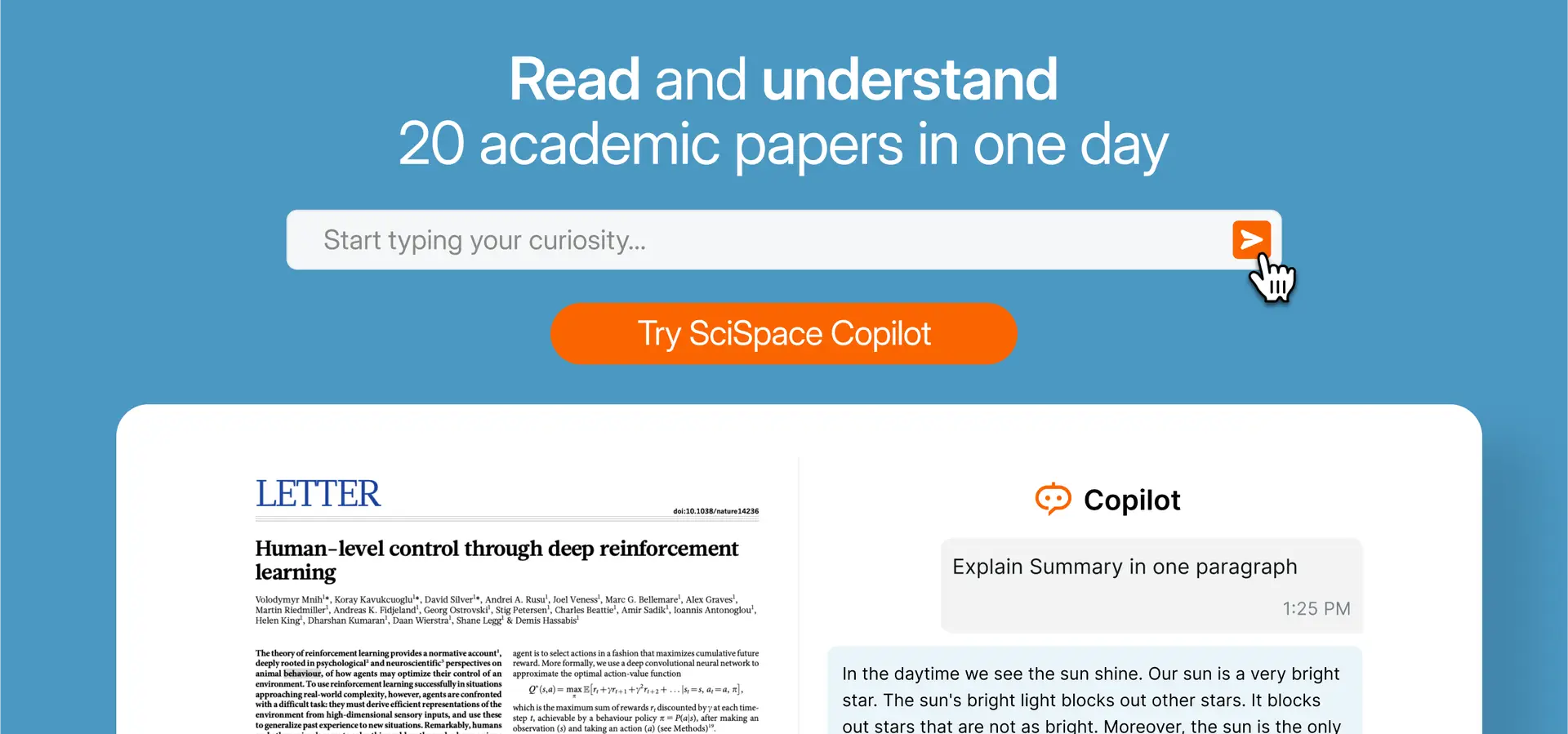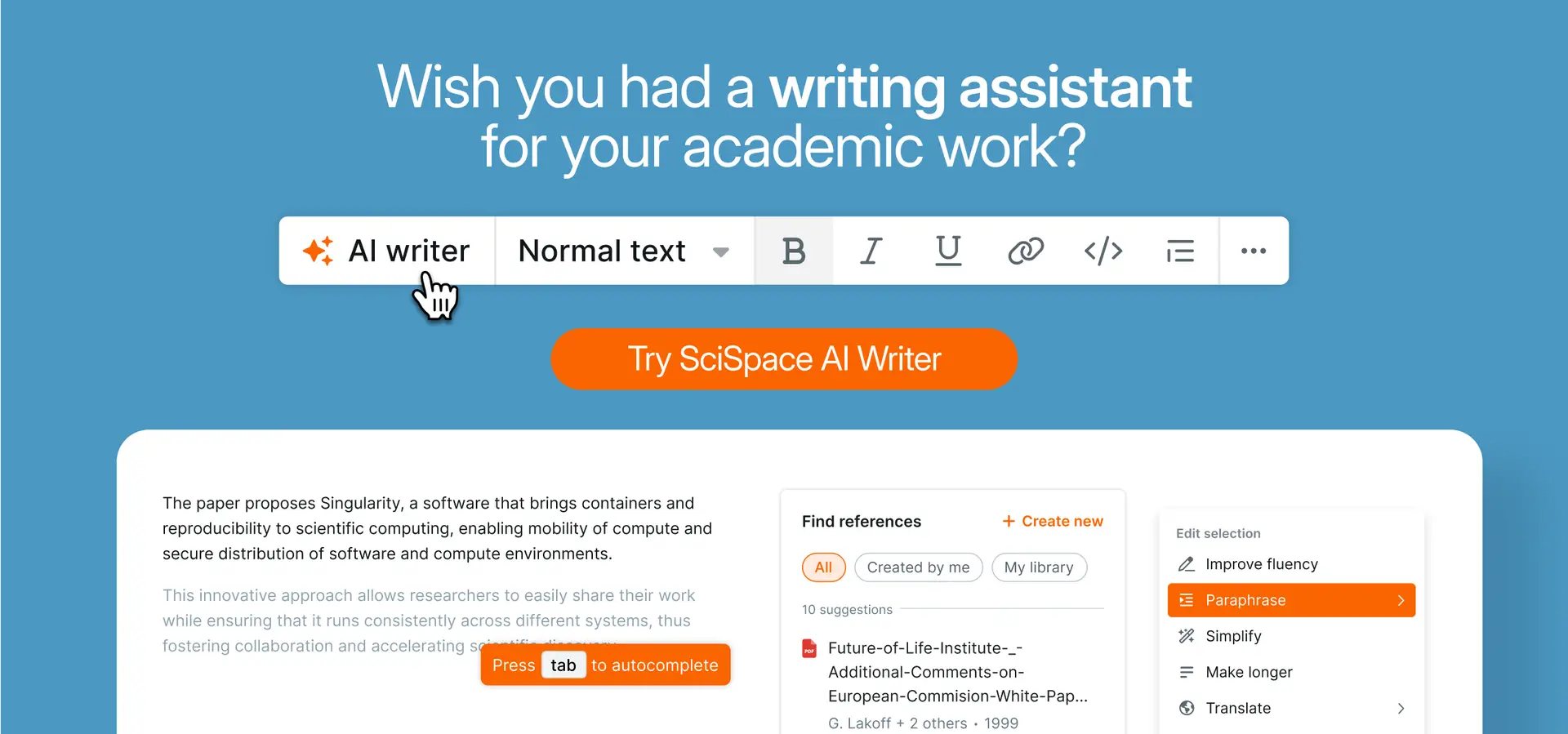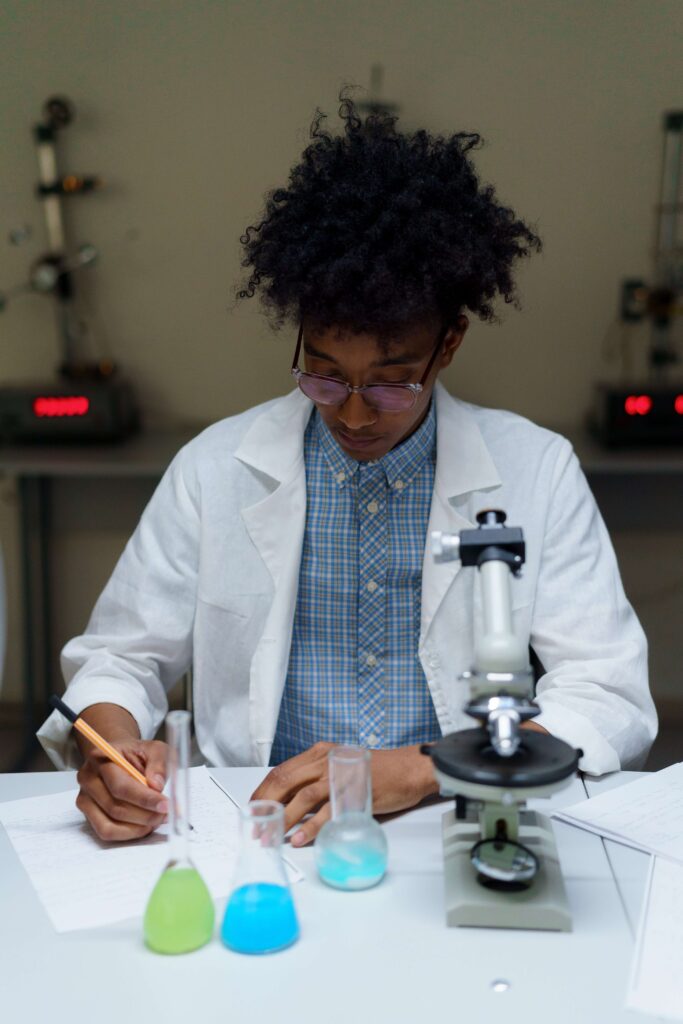Will I be able to pull through for the long run? Have I made this commitment without properly knowing my capabilities?
I am sure all of us have asked these kinds of questions multiple times during our PhD journey. Genuinely, I can’t count how many times I have asked this myself in the four years of my research journey. I started my PhD as a completely naive college fresher who had no clue what I was signing myself up for. The only thing that was clear to me was that this is what I have always longed for.
My primary research focus lies in the domain of genome informatics where computers, workstations, hard drives, LAN cables and pen drives become our lab buddies. I have had days when I wake up with the urge to go to lab, open my system and get things done for the day. Also, I have had my fair share of days where all I did was blankly stare at my system, open, and close the same file multiple times, randomly chit chat, and then go back home. After all, these types of days are equally needed.
Here I will share a few things which helped me stay motivated during this research journey.
Is it a racetrack, or an adventure trek?
With time, we start comparing ourselves with our colleagues and assess our progress based on theirs and I was not an exception at all. We start setting up a racetrack against our colleagues. We keep a check of the nearby tracks thinking that it might make us run faster. Unfortunately, this is never going to help. For a change, try to think of your PhD as a solo adventure trek. You need not follow anyone else’s routes, you can take breaks whenever you get tired, and you can choose where you want to reach and set up your camp. Doesn’t this sound way more exciting?
Don't hesitate to celebrate others.
There is nothing wrong with making time to appreciate others’ efforts and outcomes. It gives us a chance to know better about their work and approach. The important thing is that offering appreciation with an ulterior motive of receiving it back, serves no purpose. So, let us celebrate each others’ accomplishments because we’re genuinely proud of them.
It is okay to make small steps.
As the Chinese proverb goes: “A journey of a thousand miles begins with a single step”.
Our research journey is not expected to look like a superhero story. We are allowed – and need – to make mistakes, to learn and evolve from them to do better next time. Not every day can be incredibly productive. In fact, less productive days are very important to lay the foundation for more productive days.
Take breaks to stay tuned.
Every one of us needs breaks from monotony. Often, we may feel compelled to power through a task within a set timeframe but find ourselves lacking the motivation and drive. Instead, why not take a quick walk, or listen to your favourite song? An extended lunch break with close associates, engaging in light-hearted discussions on the quality of cafeteria food can definitely be a good enough refreshment.
New people bring newer perspectives.
New people bring new stories and experiences. Many unique perspectives in our life are often provided by our acquaintances and our research is no different. Catching up over a cup of coffee or a weekend brunch with friends working in other fields can lead to exciting discussions. One of my personal experiences is that I started getting deeply attached to my research work when I started sharing it more with my friends and family. The way they actively listened, showed interest, and attempted to comprehend my work gave me renewed motivation and an indescribable sense of fulfilment.
Consistency breeds success - keep working!
Your achievements are on their way. Start finding joy in what you are doing without worrying about fame and future trajectory. True satisfaction comes from putting in your best efforts and being content with the outcomes. Compete only with the person you were yesterday.
With a lot happening around me every day, in the end all that matters to me is that I am doing what I love. Shortly put: “Amidst the noises of your daily life, take a few moments each day to listen to your inner voice. It will never misguide you!”










